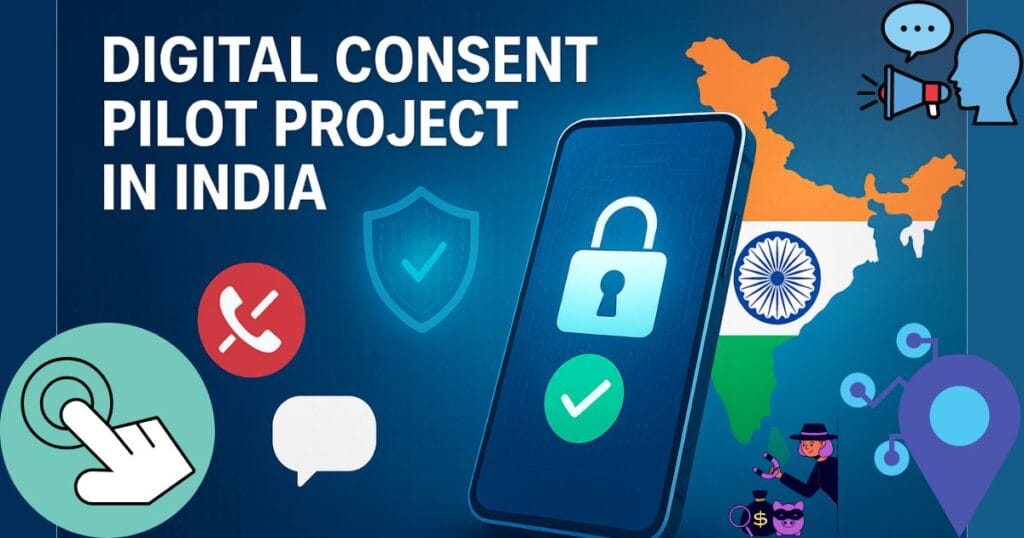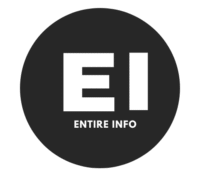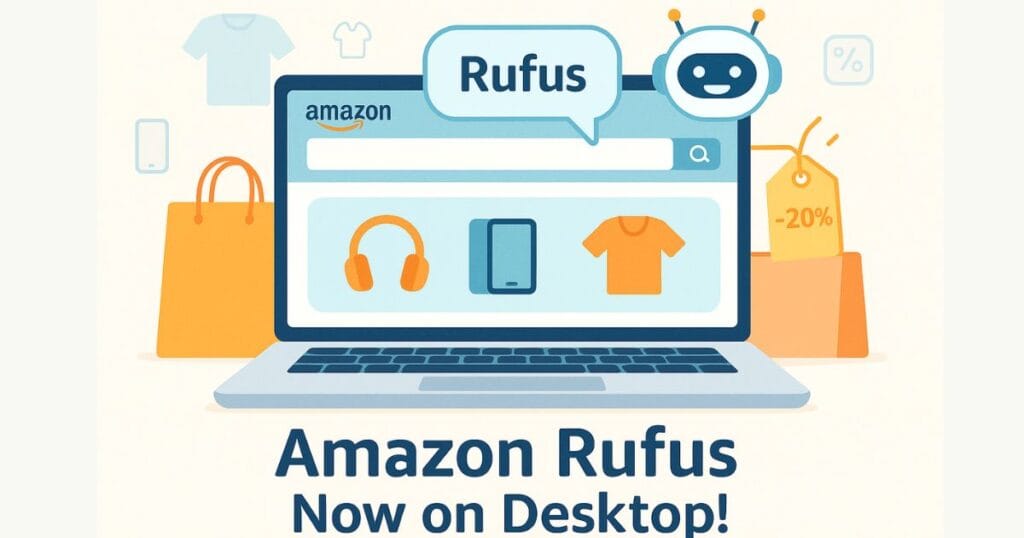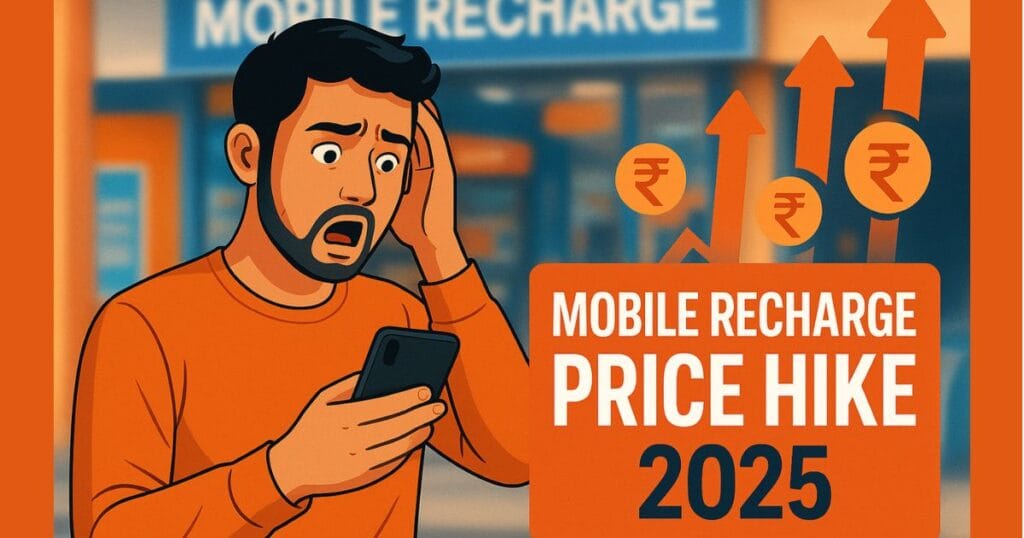If you’re tired of endless spam calls and unwanted messages about loans, credit cards, or insurance, you’re not alone. In India, over 60% of people receive three or more spam calls daily, according to a 2025 survey. These calls are not just annoying—they can lead to financial scams and privacy breaches. To address this growing issue, the Telecom Regulatory Authority of India (TRAI) and the Reserve Bank of India (RBI) launched the Digital Consent Pilot Project on June 16, 2025, with an official rollout on July 22, 2025. This initiative aims to give you control over who can contact you, ensuring a spam-free and secure experience.

In this article, we’ll break down everything you need to know about the Digital Consent Pilot Project, including how it works, its benefits, and why it’s a big step toward a safer Digital India. Let’s dive in!
What Is the Digital Consent Pilot Project?
The Digital Consent Pilot Project is a revolutionary initiative by TRAI and RBI to tackle spam calls and messages, especially in the banking sector. It allows users to digitally manage their consent, deciding which companies can send them promotional calls or messages. Launched as a pilot focusing on banks, this project ensures that only companies with your explicit permission can contact you, reducing the risk of fraudulent calls.
Highlights of the Project
- Launch Date: June 16, 2025 (official rollout on July 22, 2025).
- Primary Focus: Curbing spam calls and messages in the banking sector.
- Objective: Empower users with control over their communication preferences and enhance data privacy.
This project aligns with the Digital Personal Data Protection Act, 2023, ensuring your personal information stays secure.
Why Was Digital Consent Pilot Project Needed?
The Growing Problem of Spam and Fraud
In 2025, spam calls and messages have become a daily nuisance for millions of Indians. A Times of India report revealed that over 60% of Indians receive multiple spam calls daily, with many linked to financial fraud. These calls often trick users into sharing sensitive details like bank account numbers or OTP codes, leading to significant financial losses.
Flaws in the Old Consent System
Previously, companies collected consent through paper forms or online checkboxes during bank account openings or purchases. However, this system had major issues.
- Lack of Transparency: Users often signed forms without reading lengthy terms, unaware of what they were agreeing to.
- Misuse of Consent: Some companies exploited vague permissions to bombard users with unwanted calls and messages.
- No Verification: It was nearly impossible to verify whether a user had genuinely given consent.
This lack of clarity fueled spam and scams, making a new, secure system necessary.
Who Is Involved in the Digital Consent Pilot Project?
The Digital Consent Pilot Project brings together major banks and telecom companies to create a seamless, user-friendly system. Participating organizations include.
Banks
- State Bank of India (SBI)
- HDFC Bank
- ICICI Bank
- Axis Bank
- Punjab National Bank (PNB)
- Canara Bank
- Kotak Mahindra Bank
Telecom Companies
- Airtel
- Jio
- Vodafone-Idea
These organizations collaborate to maintain a digital consent registry, ensuring no company contacts you without your permission.
How Does the Digital Consent Pilot Project Work?
The Digital Consent System is designed to be simple and secure. Instead of relying on outdated paper forms, it uses a digital platform (an app or website) where users can manage their communication preferences. Here’s how it works:
- Registration: Sign up on a TRAI-approved app or website using your phone number.
- Give Consent: Choose which banks or companies can send you promotional calls or messages. For example, you can allow SBI to message you about loans but block credit card offers.
- Withdraw Consent: If you change your mind, you can instantly revoke permission through the same platform, and the company will no longer be able to contact you.
- Real-Time Verification: Before sending a call or message, companies must check the digital registry to confirm your consent.
This tamper-proof system ensures your preferences are respected and updated instantly.
Benefits of the Digital Consent Pilot Project
This initiative offers several advantages for users:
- Spam-Free Experience: Receive only the calls and messages you’ve approved, reducing unwanted interruptions.
- Enhanced Security: Protects against fraudulent calls by ensuring only authorized companies can contact you.
- Transparency: Check your consent status anytime on the app or website.
- Time-Saving: Eliminates the need to repeatedly file Do Not Disturb (DND) complaints.
- User Control: Empowers you to decide who can reach you, putting you in charge of your privacy.
How Was Digital Consent Pilot Project Managed Before, and What Were the Issues?
In the past, consent was collected through paper forms or online agreements, often buried in lengthy terms and conditions. This led to several problems:
- Unclear Agreements: Users signed forms without fully understanding what they were agreeing to.
- Misuse by Companies: Some businesses sent unwanted calls or messages by claiming they had consent.
- No Accountability: There was no easy way to verify or challenge a company’s claim of having your permission.
These flaws made it easy for companies to exploit users, leading to a surge in spam and scams.
Why Is Digital Consent Pilot Project More Secure?
The Digital Consent System is a significant upgrade over the old approach. Here’s why:
- Tamper-Proof Registry: Your consent is stored in a secure digital database managed by telecom companies, making it impossible to alter.
- Instant Updates: Changes to your communication preferences are reflected immediately.
- Real-Time Checks: Companies must verify your consent before contacting you, ensuring compliance.
- Legal Backing: The system adheres to the Digital Personal Data Protection Act, 2023, safeguarding your privacy rights.
Role of Banks and Telecom Companies
- Banks: Must obtain your digital consent before sending promotional calls or messages. They register your permission in the digital registry.
- Telecom Companies: Maintain the digital registry and enforce compliance by checking consent before allowing calls or messages. They also handle violations by taking action against non-compliant companies.
How Can You Benefit from Digital Consent Pilot Project?
To take advantage of the Digital Consent Pilot Project, follow these steps:
- Sign Up: Register on the official TRAI app or website (details to be announced soon).
- Set Preferences: Choose which banks or companies can contact you.
- Manage Consent: Update or withdraw permission anytime through the platform.
- Report Violations: If a company contacts you without permission, file a complaint via the app or website.
Stay tuned for updates from TRAI or your telecom provider for access to the platform.
READ Official PIB about Digital Consent Pilot Project
What’s the Future Impact of Digital Consent Pilot Project?
The Digital Consent Pilot Project has the potential to transform how promotional calls and messages are handled in India:
- Reduced Spam: As more people adopt the system, spam calls and messages will drop significantly.
- Increased Trust: Transparent consent management will build confidence in banks and companies.
- Digital India Boost: This fully digital system supports India’s vision of a tech-driven future.
- Expansion Potential: While currently focused on banks, the system could extend to e-commerce, insurance, and other sectors.
- Fewer Scams: By curbing fake calls, the project will reduce financial fraud, protecting users’ savings.
Do I need to re-register every time for a new service?
No, there is no need to register every time. Once you register on the app or website, you can update your consent by adding or removing it anytime from there. If you want to allow a new company, just log in and add it – it’s as simple as that.
What do I do if I still receive spam calls?
If you have not given permission to a company to call or send messages, yet it is harassing you – then you can directly lodge a complaint from the same app or website. TRAI and telecom companies will take action on it together. This system has strict rules for those who violate your consent.
Is Digital Consent Pilot Project feature only for smartphone users?
No, this is not the case at all. This facility is being made for everyone – whether you have a smartphone or a normal mobile phone. Initially, this facility will be available through the app and website, but in the future TRAI can also give people the option to register through SMS or call, so that people from villages and small towns can also easily take advantage of it.
ALSO READ- Cyber-attack on Microsoft SharePoint: Know how your information can also be at risk
Conclusion: A New Era for Spam-Free Communication
The Digital Consent Pilot Project is a bold step toward a spam-free and secure communication landscape in India. By giving users control over their communication preferences, it tackles the persistent problem of unwanted calls and messages while protecting against fraud. Its success depends on widespread adoption and effective implementation by TRAI and RBI. To make the most of this initiative, the government should raise awareness, especially in rural areas, and ensure the platform is user-friendly.
Ready to say goodbye to spam calls? Keep an eye on TRAI’s official website or your telecom provider for updates on how to join the Digital Consent System. Let’s work together to make our phones quieter and our lives safer!
Tired of unnecessary calls and messages? It’s time to take back control.
- Be a part of the Digital Consent System and decide who can and cannot call you.
- As soon as TRAI or your telecom company launches this feature,
- Register and keep your information safe and private.
- Your consent, now on your terms.


